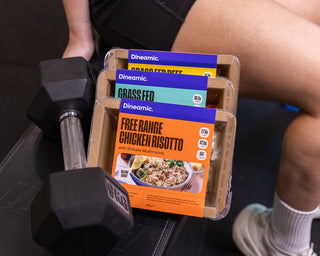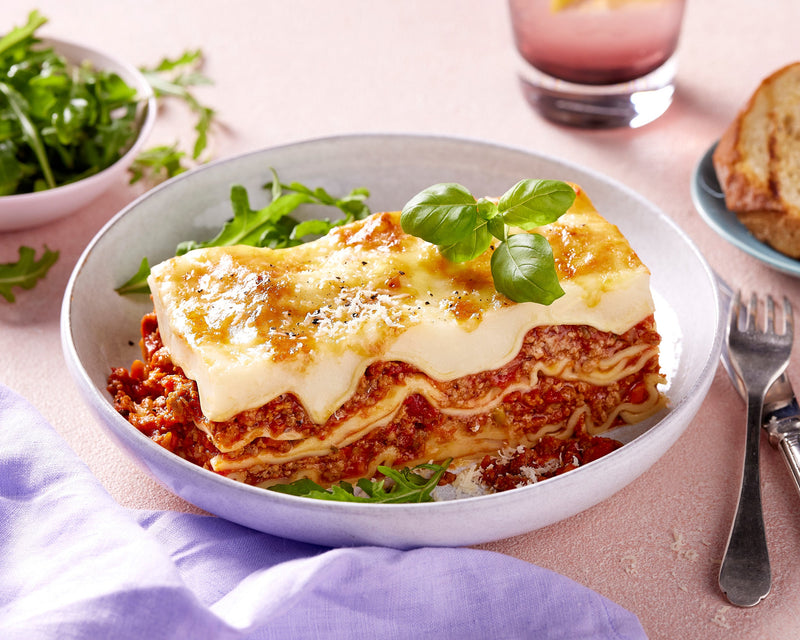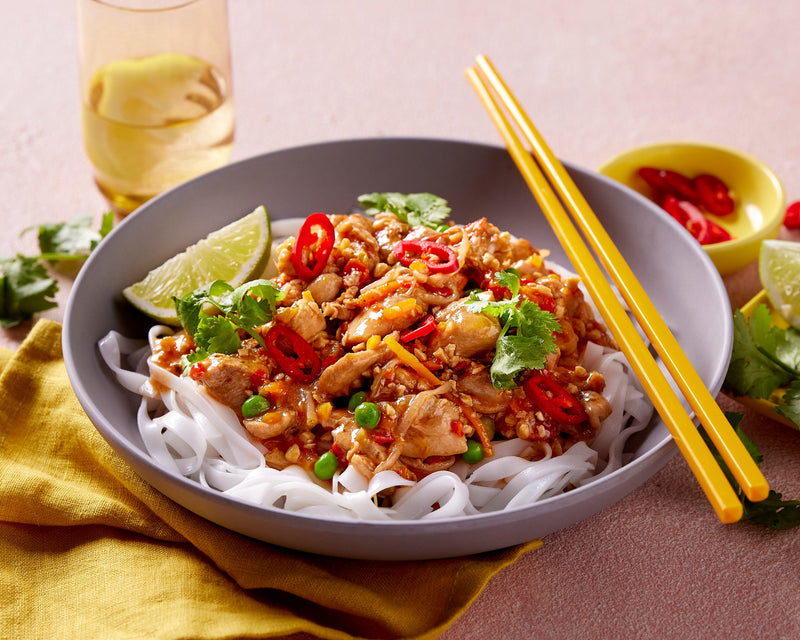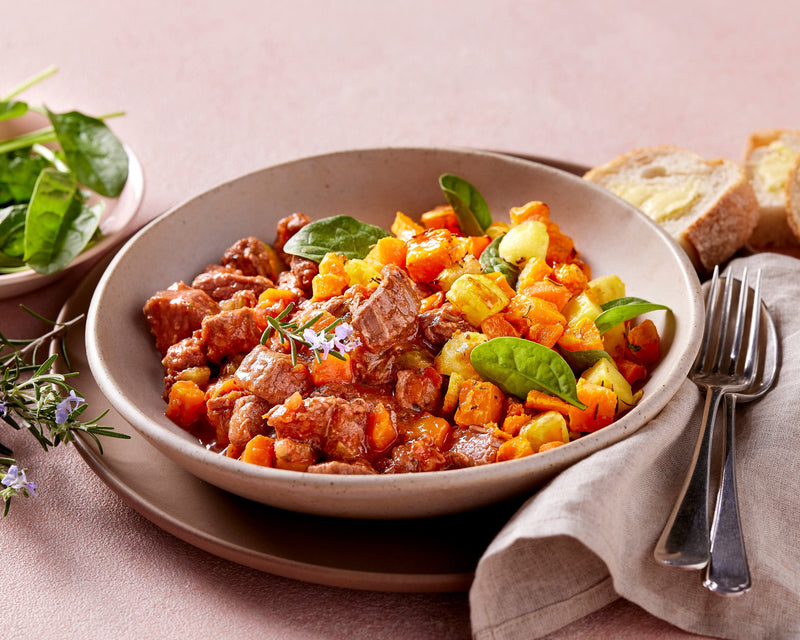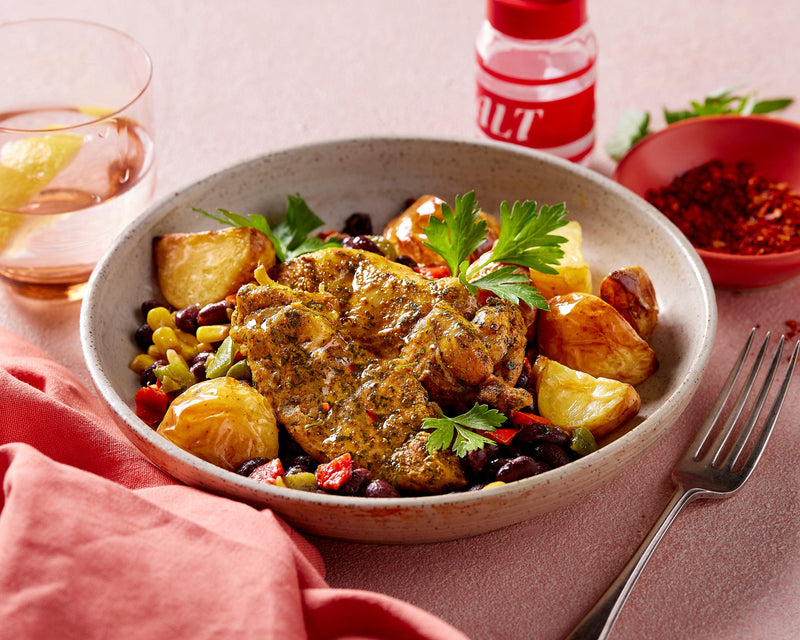
With the surge in ‘gut-friendly’ foods such as kombucha and kimchi, there’s no doubt that gut health has been the hot topic of nutrition lately. But with most things in nutrition, it’s tricky to navigate what things mean and which messages to listen to. In today’s blog we’re going to revisit the basics of gut health and introduce easy ways to eat your way to a happier gut.
WHAT IS THE GUT MICROBIOME?
Your gut microbiome refers to the trillions of microorganisms that live in your intestinal tract that make up over 50% of the cells in your body. These microorganisms are mostly bacteria that play a role in digesting food, absorbing nutrients and regulating your immune system. The gut itself also acts as a barrier protecting us from pathogens and harmful substances from escaping and entering the rest of your body.
WHAT'S CONSIDERED A HEALTHY GUT?
Interestingly, there is no definitive answer to what a ‘healthy gut’ is. What we do know is that a ‘healthy’ gut is characterized by high levels of diversity, stability and resistance to stress-related changes. So really, the health of your gut is determined by how well it can do its job. A non-healthy gut on the other hand involves the disruption of the gut barrier which allows bacteria and small bits of food to escape into the bloodstream potentially triggering an immune response. Practitioners have proposed this condition as ‘leaky gut syndrome’, which is characterized by increased intestinal permeability and well, pretty much explains itself in its name.
HOW DO YOU KEEP YOUR GUT HEALTHY?
Bacteria colonization of our gut begins right from birth before quickly evolving based on interactions with the environment (e.g. dietary intake, lifestyle, stress and antibiotic use). Observational studies have found that lower diversity of microorganisms in your gut are often found in people with inflammatory bowel disease, diabetes, coeliac disease, obesity versus healthy controls.
So how you eat, and the more diverse the diet can largely contribute to the ‘healthiness’ of your gut.
To contribute to this theory, De Fillipo’s study on European children and kids living in rural Africa found that the European children that mostly had a Westernized diet compared to the largely plant-based diets of the African children found that the African children had more types of bacterial overall, with many hosting anti-inflammatory properties.
Fibre
We always get told, eat more fibre! Fibre is good for your gut! Why? Fibre is the undigestible portion of carbohydrates that gets fermented and feeds your gut bacteria. Increased consumption of fibre allows our gut to break down into by-products that not only diversifies gut bacteria but also reduces inflammation to keep the gut barrier intact.
Fibre has been shown to diversify the microbiome by limiting the growth of harmful bacteria and stimulating growth of good bacteria. It also plays a role in preventing against disturbances to the gut barrier as indicated by a study conducted in mice where low fibre diets increased the proliferation of a certain bacteria that degrades the gut barrier’s thickness. The low fibre diet was also correlated with physiological changes in gut layer thickness and disturbances in inflammatory markers as well.
High Fibre Foods include: Beans, legumes, whole fruits, wholegrains and colourful vegetables. Shortcut fibre hacks also include chia, flax, psyllium – add these to your smoothie mixes for an added fibre boost.
Dineamic High Fibre Meals: try our Lentil & Mushroom Bolognese with Spaghetti.
Fermented Products
Five years ago, we probably wouldn’t have had a clue what kimchi, kefir or kombucha was, some of us probably still don’t know TBH. Why has it been all the rage? Probably because these fermented foods have been shown to promote healthy gut bacteria and reduce Enterobacteriaceae (the large family of bacteria that also brings you E.Coli and Salmonella) due to their large microbial content.
Good for your gut examples include: natural yoghurts, natto, tempeh, pickles, sauerkraut – be careful of the sodium content of some fermented foods, depending on the product you can reduce this by giving them a quick rinse under running water.
Dineamic Meals: Bircher Muesli with Berries
At Dineamic we’re all about balance, remember that sticking to a healthy, whole food diet can promote the health and diversity of your gut without the need for added supplements. In order to gain long-term health benefits from foods that contain healthy bacteria, it is important to eat them regularly not just every now and then when you hit up your fave fancy café. Remember it’s not so much about a special type of ingredient or product but the entire diet as a whole.



